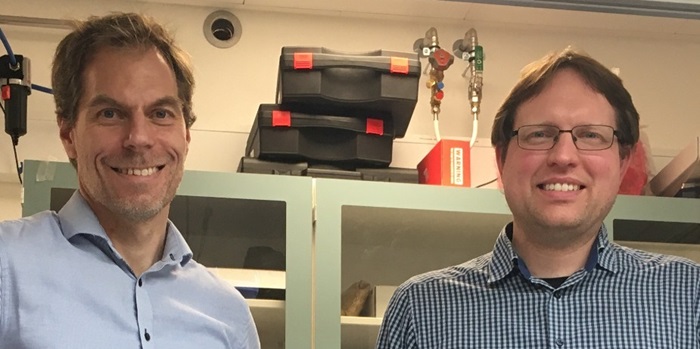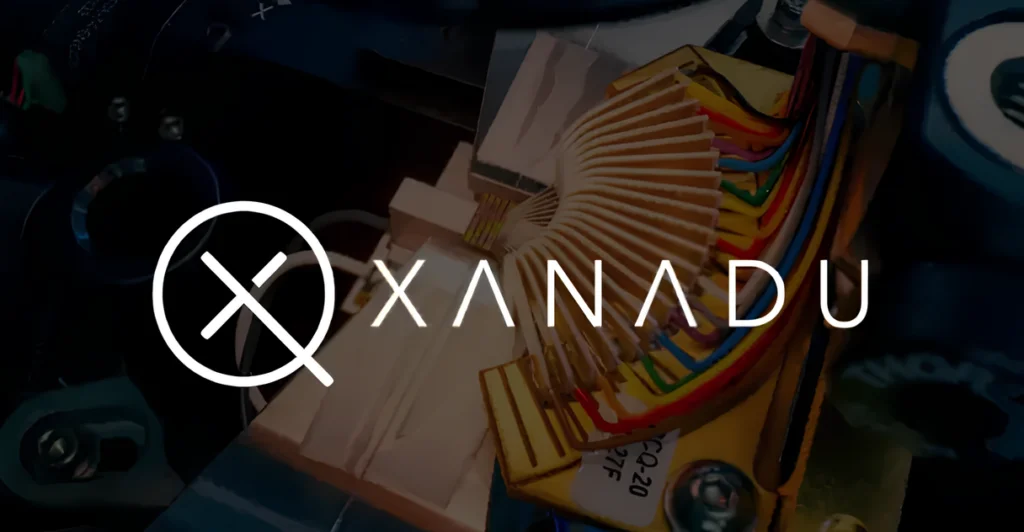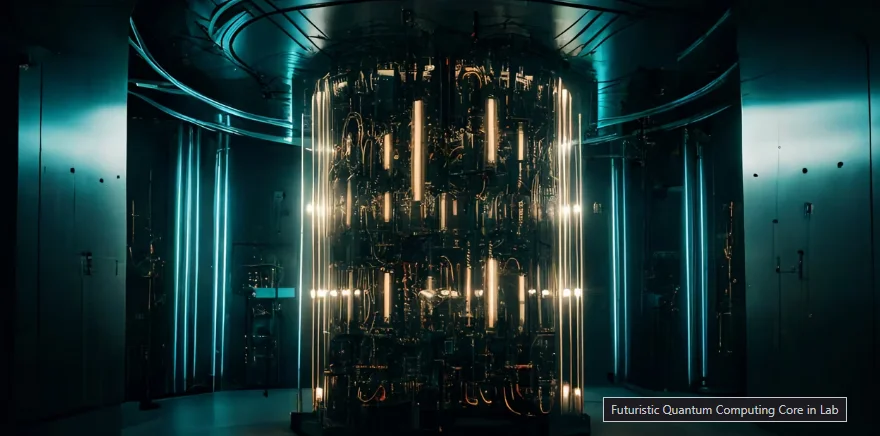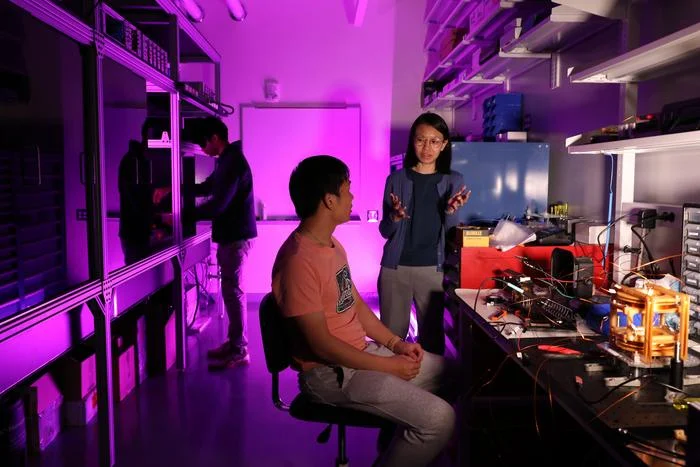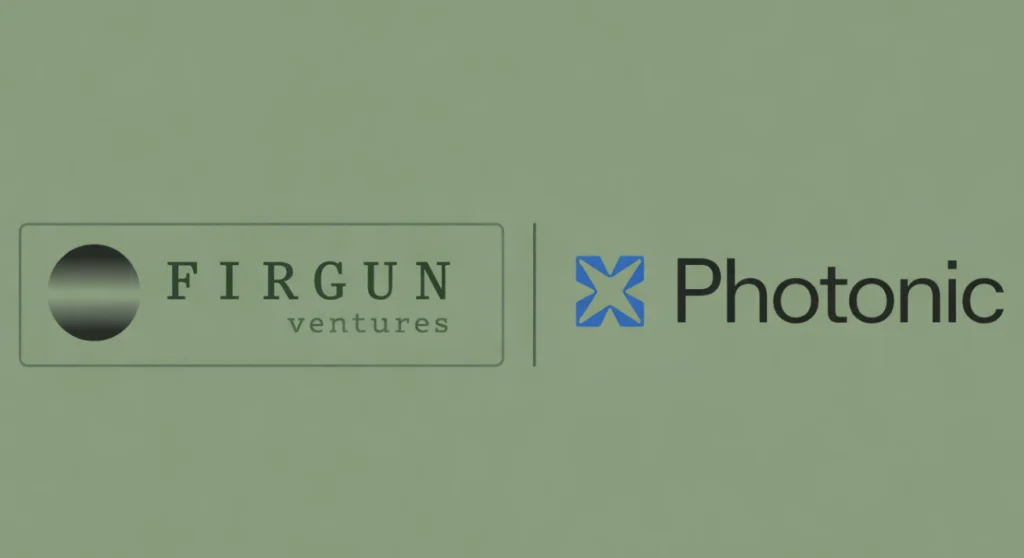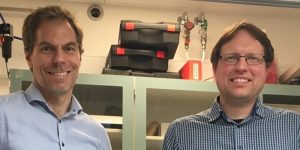
Capitalizing on the Danish research strength in quantum cryptography-communication and determined to foster a new high-tech business area, the Innovation Fund Denmark has invested 22.5 million DKK — or about $3.6 million U.S. — into CryptQ which will develop a cost-effective and telecom compatible quantum secured communication system over the next 3 years, according to a Technical University of Denmark — or DTU — statement.
According to the university, quantum physics phenomena are about to enter society at a vital level, providing information security in future communication and data storage infrastructures with the strength to resist even attacks from full-blown quantum computers.
This task demands state-of-the-art in technology and research and to this end CryptQ brings together leading businesses in cryptographic hardware (Zybersafe ApS), cryptology (Cryptomathic A/S), and fiber lasers (NKT Photonics A/S) with pioneering research and expertise from DTU Physics, DTU Fotonik, Aarhus University, and the Danish Fundamental Metrology Institute.
“The increasing global threat from cybercrime will spur a strong demand for security solutions resistant to future computing technologies. Being part of the CryptQ consortium we actively partake in Danish development of globally leading crypto-systems. We expect quantum safe cryptography to be a standard in zero-trust data environments within 5-20 years”, says Christian Jul Jensen CEO of Zybersafe ApS.

Securing critical infrastructure and financial data
The CryptQ consortium also includes Danske Bank and Energinet, representing key application areas for quantum secured communication, and both companies will host and collaborate on executing field tests of the developed technology.
“In Danske Bank, we foresee many applicable benefits of the added security quantum key distribution will bring to our infrastructure. Hosting a field test in our datacenters will provide us firsthand experience with the technology. Later on, we hope to see a seamless large-scale implementation in our crypto chain,” says Peter Lidell, Head of Cyber Design and Cyber Build at Danske Bank.
Quantum randomness is the key to secure encryption
Cryptography works by randomizing information using an encryption key. For symmetric encryption like AES, which is the most widely employed scheme, that very same key undoes the randomization, enabling the receiver to reveal the original information.
Thus, it is of utmost importance for the security that only the legitimate sender and receiver are in possession of the encryption key. This makes key distribution an absolutely central part of the cryptographic system. It is exactly this challenge the CryptQ consortium sets out to solve using a technique known as ‘continuous variable quantum key distribution’.
“CV-QKD allows us to generate and distribute encryption keys though optical fibers and at the same time ensuring that no adversaries have gained information about the key. In CryptQ, we will develop a full-stack cryptographic system based on that principle”, says project leader Tobias Gehring, associate professor at DTU Physics.
To understand the unrivaled security offered by the technology we must dive into quantum physics.
“Say, I receive a pulse of light in some, to me, unknown quantum state and try to measure it. The result will be completely unpredictable and as a result I cannot trace back the original state of the pulse. There is a fundamental randomness to Nature at the quantum level,” explains professor Ulrik Lund Andersen at DTU Physics, who is also part of the CryptQ leadership. As a consequence, copying of unknown quantum states is prohibited as copying involves measurements. As Ulrik Lund Andersen puts it, “that is quantum cryptography’s ultimate claim to security”.
The CryptQ consortium welcomes technology stakeholders to join as associate partners with the opportunity of following the development of the future’s quantum secured communication technology.
About DTU
For almost two centuries DTU, Technical University of Denmark, has been dedicated to fulfilling the vision of H.C. Ørsted—the father of electromagnetism—who founded the university in 1829 to develop and create value using the natural sciences and the technical sciences to benefit society.
If you found this article to be informative, you can explore more current quantum news here, exclusives, interviews, and podcasts.

